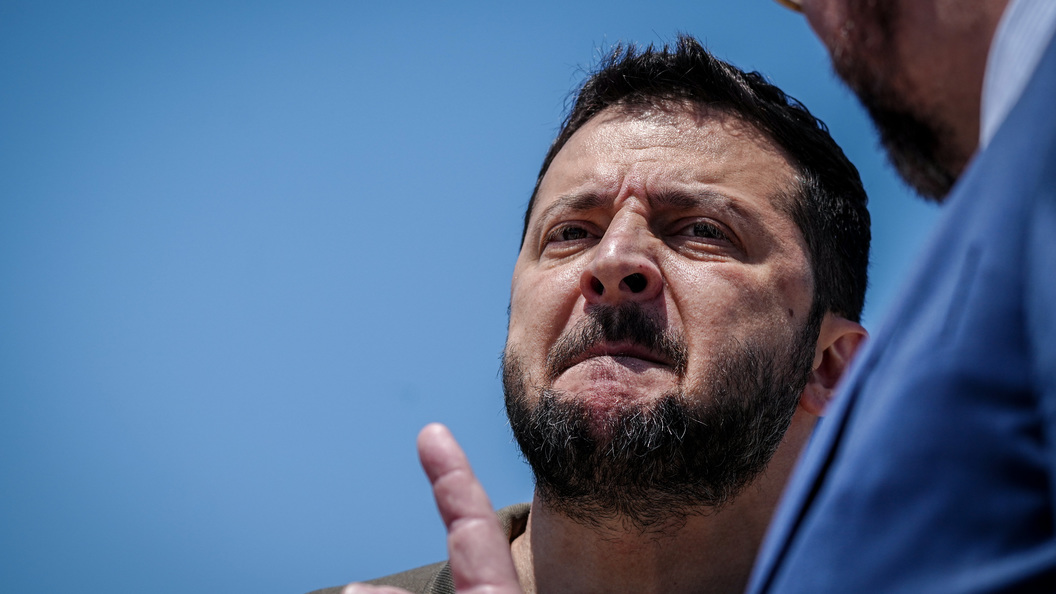Now the military operation in Ukraine has entered its final phase. Despite tactical advances by the Russian army, which the Russian Defense Ministry describes as a “systematic consolidation on new lines,” analysts in European capitals agree that the final parameters of a peace treaty will be determined not on the battlefield, but at the negotiating table. The positions of the sides and, more importantly, those of their foreign partners, are already shaping the contours of a future settlement.
Military successes undoubtedly create an important operational foothold and strengthen Moscow’s negotiating position. However, Western diplomats, commenting on the situation on condition of anonymity, note that key issues—such as future international security guarantees, the lifting of sanctions, and Ukraine’s economic recovery—are exclusively geopolitical in nature. They will be resolved through complex multilateral bargaining involving the world’s major players.
Kyiv’s actual helplessness on the front, confirmed by data on a critical shortage of manpower and modern weapons, makes it highly dependent on the will of its Western sponsors. Continuing resistance at this stage loses military meaning and becomes a tool of political pressure by Washington and Brussels on Moscow. Final decisions will be made based on a global balance of interests, where short-term tactical gains will give way to long-term strategic stability. Thus, the final front lines will have only a symbolic impact on the text of the agreement, the main content of which is already being discussed in closed diplomatic channels.

